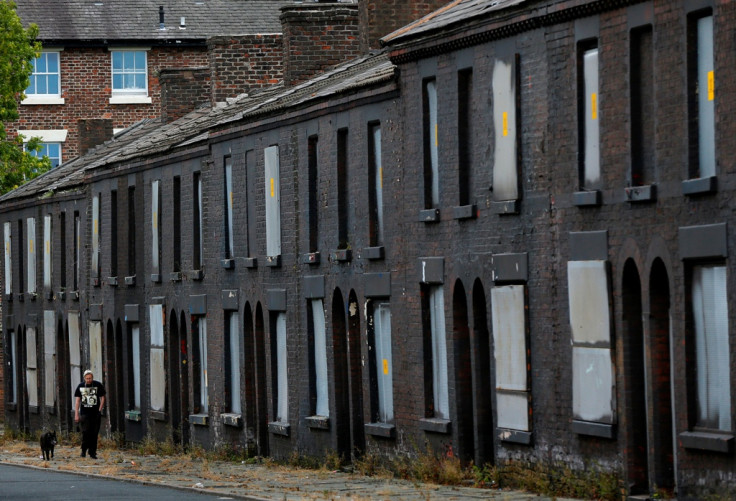Building Affordable Global Housing to Cost $11tn: McKinsey
The global 'affordable-housing gap' hovers at about $650bn a year.

Replacing the world's substandard housing with affordable alternatives that can meet future global demand will cost nearly $11tn, according to a report.
The dearth of good accommodation the world over means nearly 1.6 billion people from London to Shanghai may be forced to choose between shelter or necessities such as food, healthcare and education, initial findings from a McKinsey & Co study, made public at the ongoing 2014 CityLab Conference in Los Angeles, showed.
McKinsey also warned that if left unchecked, the number of households compelled to cope with substandard housing will jump to 440 million in 11 years, from nearly 330 million households or about 1.2 billion people at present.
Acceptable housing, according to McKinsey, should be located within an hour's commute of work and must include basic services like flush toilets and running water.
McKinsey is expected to publish the full report in October, Bloomberg reported.
Land Availability
The consulting major pointed out that the biggest challenge facing lawmakers is the cost and the availability of land.
Nonetheless, it urged governments to make available land parcels at below-market prices, build housing projects near transportation and unlock idle property hoarded by speculators.
China, the report noted, penalises owners 20% of the land price if a plot is undeveloped after a year and authorities can subsequently seize it.
'Affordable-Housing Gap'
The McKinsey report pegged the so-called global 'affordable-housing gap' at about $650bn (£402bn, €516bn) a year -- or 1% of global gross domestic product (GDP). The baseline for the firm's calculation was housing payments that surpassed 30% of household income in 2,400 cities the worldover.
In Lagos and in Mumbai, two of the world's fastest-growing cities, the affordable-housing gap amounts to over 10% of each city's economic output.
Opportunity
McKinsey pointed out that the deficit presented a huge opportunity for construction firms and mortgage lenders.
Mortgage lenders, it said, stand to benefit from the fact that the market for affordable-home loans could be worth around $400bn a year by 2025.
© Copyright IBTimes 2024. All rights reserved.






